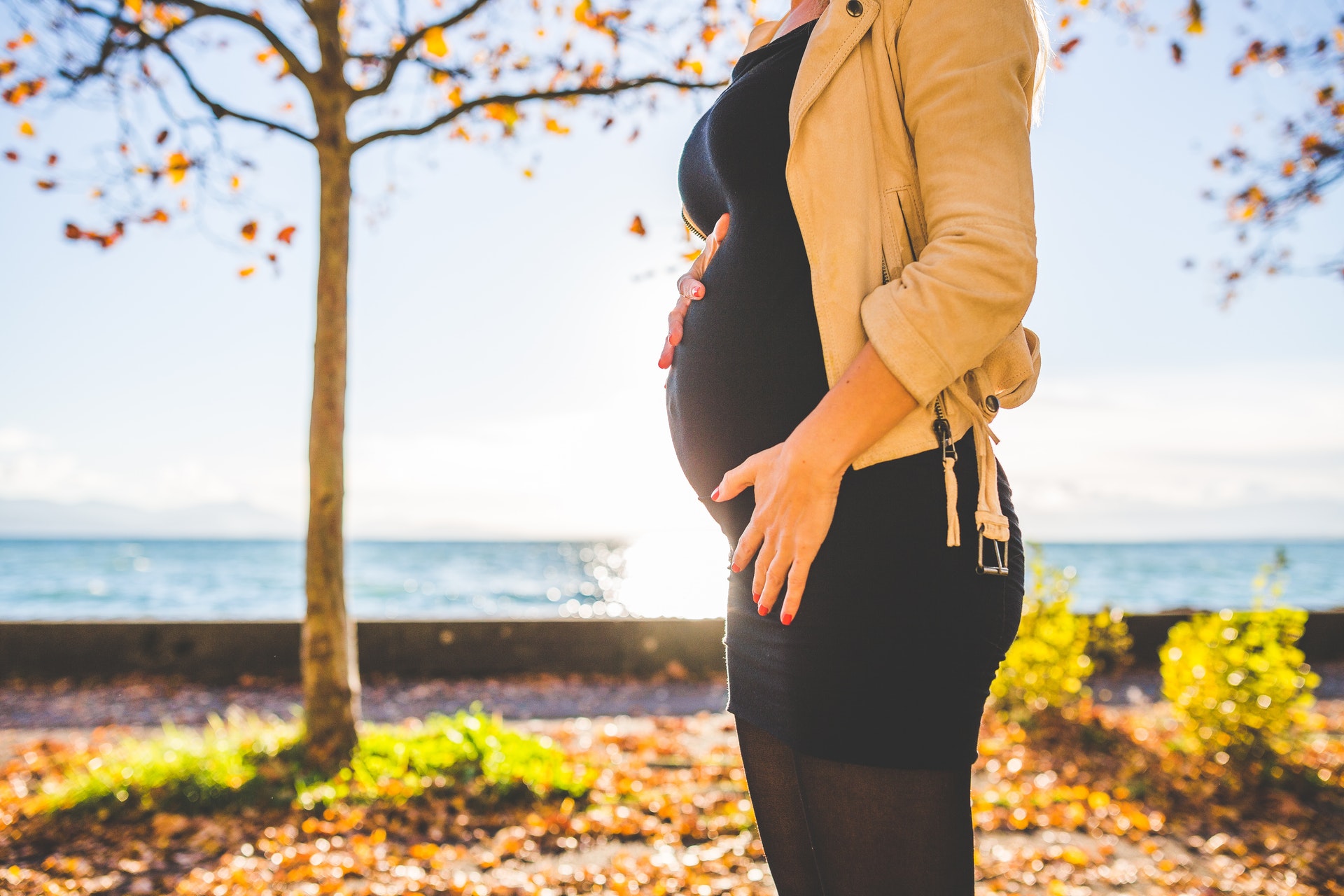Who can honestly say they sat through “Marley and Me” without sobbing through a mini-pack of tissues? Dogs remain one of the top pets in America for good reason: puppy parents know they have an intelligent, loyal friend who’ll make little things like arriving home from work a cause for celebration.
However, as much as our canine companions add to our lives, they do cost a pretty penny. While it may only cost a little bit to initially bring Rex home from the shelter, his parents still need to keep him in kibble — even if he weighs 10 times more at age 5 than he did at 5 months. Dogs love unconditionally, and they cannot understand when their human gives them away due to lack of financial resources. Head off future heartaches by fully understanding the costs of opening your arms and home to a new four-legged friend.
What Are the Initial Costs of a Dog?
Bringing your new dog home involves paying the adoption fee, of course, but it also means stocking up ahead of time on food, poop-scoop tools, chew toys, leashes and bowls. The cost of owning and adoption varies by geographic area and the pet’s age, but it primarily depends upon whether the canine in question is purebred.
Purebred dogs, depending upon breed demand, can cost anywhere from $500 to $3,000. That’s a hefty chunk of change, so unless factors such as allergies demand that you adopt a specific breed, consider visiting a shelter.
Adopting from a shelter comes with more than just the warm fuzzies of knowing you saved a life. Adoption can cost between $450 and $825 depending on the pet’s age, but the fee covers much more than many purebred adoptions.
Shelter fees include the costs of spaying or neutering your new friend, performing general health tests, providing vaccinations and treating for fleas and ticks. When you adopt from a private breeder, these services will cost you additional fees.
Starter canine supply kits including a food and water bowl, a leash and sanitary supplies can cost anywhere from $12 to $500 or more. Pup owners planning on crate training will also need to invest in a crate large enough to allow for comfort during growth. Doggie parents who work from home may wish to invest in dividers to confine their new little one to rooms with hardwood flooring until potty training concludes.
How Much Is Ongoing Dog Ownership?
Pet ownership comes with annual expenses such as food, routine veterinary care, medications like flea and tick prevention creams, hygiene items like poop bags, pet insurance and regular grooming for certain breeds. How much dog ownership costs annually depends on breed, size and overall health.
Many pooch parents significantly underestimate how much the costs of raising a dog will impact their monthly budget. Those with giant breeds like great Danes may pay over $100 per month just for kibble, not including treats or wet food.
Smooth-haired Dobermans and chihuahuas require little more than regular teeth cleaning to stay healthy and glowing. However, long-haired breeds like collies and huskies require regular grooming or risk developing nasty fur mats. Introduce such breeds to regular brushing when they’re younger to make it seem commonplace — and maybe even enjoyable — to get groomed.
Many sporty, active breeds require room to run, so those without fenced yards may wish to select less energetic breeds. Consider the stability of your housing situation, as well. Those planning to downsize in the near future do better with small breeds that prefer dwelling indoors except for the occasional walk.
Expecting the Unexpected with a New Dog
Pet ownership brings incredible joy to many people, but it can reap despair and heartbreak, as well. Even though carrying pet insurance doesn’t ensure your precious canine will stay safe and healthy, it does reduce your chances of having to decide between paying for a necessary vet bill or affording rent. Coverage typically costs just over $40 per month per canine, which sounds pricey — until you consider that many common canine conditions require hundreds or thousands to correct.
Like humans, dogs can develop chronic health conditions. Treating such diseases can take a toll both financially and emotionally. In addition to the costs of ongoing care, parents of pooches suffering such illnesses must make the agonizing decision of when a disappearing quality of life means saying goodbye.
Renters looking to adopt a dog need written permission from their landlords to get approved by most shelters. Landlords may prohibit dogs altogether, restrict those over a certain weight limit or ban those belonging to particular breeds. Renters should keep in mind that owning a pet will reduce the number of places available to lease, and others may require them to pay an additional deposit or monthly pet rent.
Homeowners have more flexibility in adopting a dog but still benefit from contacting their homeowners’ insurance policy. Some refuse to cover accidents resulting from canine contact, while others charge a higher monthly fee for coverage.
Many municipalities now carry laws on the books restricting the sale and ownership of certain dangerous dog breeds. Those violating such ordinances face legal consequences such as fines. If a dog seriously injures or kills a human being, the creature faces near-certain euthanasia — unless conditions such as serving as a guide dog or a K9 or attacking an armed home intruder provoke it. Even if the pup behaves, dog owners still may need to make certain property modifications to secure the animal or purchase special liability insurance.
Are You Financially Ready for Pet Ownership?
As you can see, owning a pet is about way more than snuggles. Do you think you are financially ready to own a pet? Here are some ways to tell:
Minimal Debt
Keeping your debt down and your credit score high will help prepare you financially for the responsibilities of pet ownership.
Steady Job
Fido needs a steady supply of food and care, so making sure you have a steady job and income prior to adoption is in your best interest.
Solid Emergency Fund
If you have debt, Dave Ramsey suggests starting with emergency fund of $1,000. You never know when an emergency may arise – especially as a pet owner. Otherwise, you should aim to keep 3 to 6 months worth of annual expenses in your emergency fund.
Puppy Love Comes at a Cost
Adopting a dog brings long-lasting companionship, staves off loneliness and gives human beings time to explore all the unique and funny antics of these intelligent creatures. As canines offer unrivaled unconditional love, the least we two-legged beings can do is provide them with the happiest, healthiest life possible. Weighing the financial considerations of puppy ownership before “biting” results in a friendship that lasts a lifetime.





